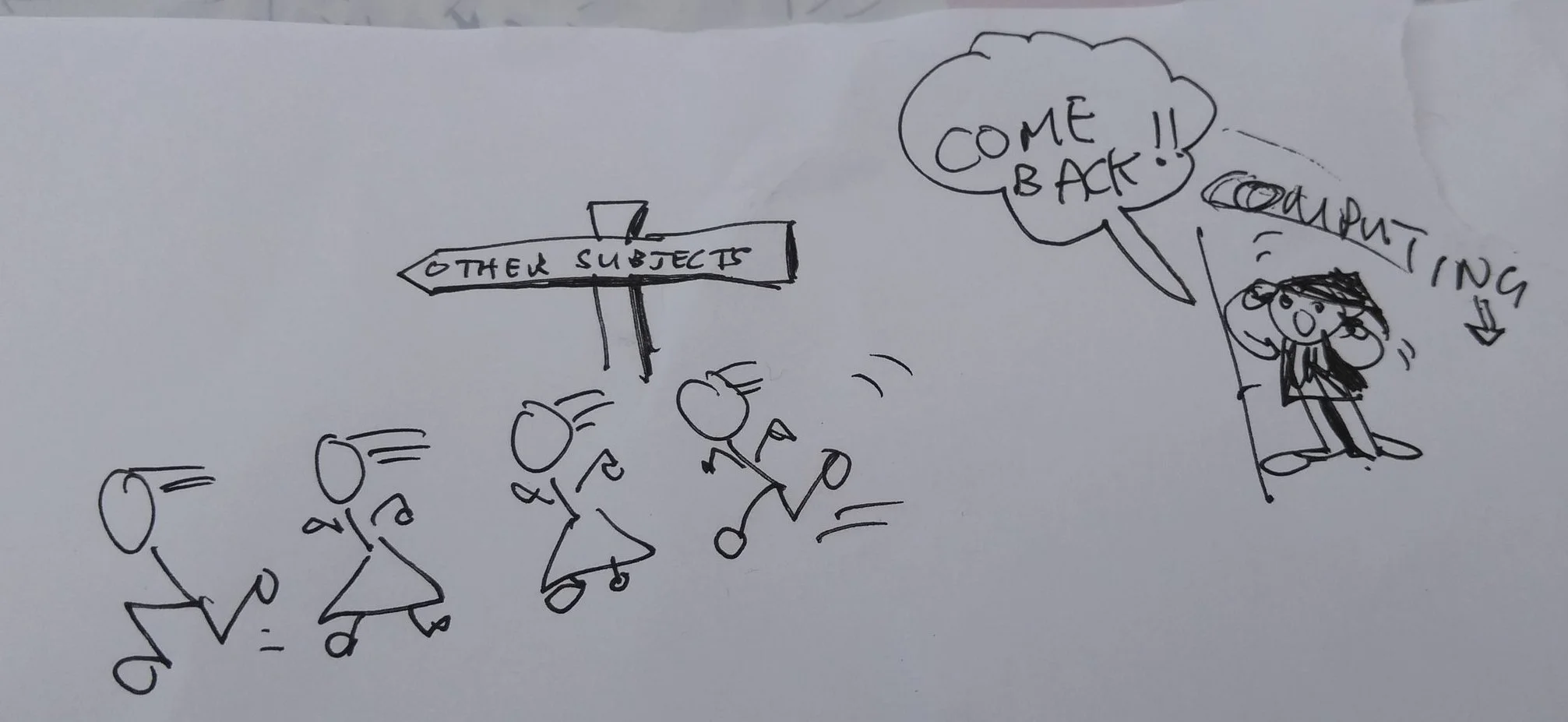Given the focus on evidence-informed education these days, this new guide is quite timely. (To be honest, I’m not very happy with the term ‘these days’, because as far as I know most teachers have always been interested in research and evidence, even if only on the level of finding out whether or not something they’ve tried worked. But still….)
The guide is available as a short pdf from the Institute for Effective Education. It is comprehensive, looking at different kinds of evidence, from blog posts to full-scale studies. It suggests what kind of questions each kind is suited to answering, and gives advantages and disadvantages of each. There are also a couple of useful tables, a section on ‘red flags’, and a list of websites to which you can go for research-based information.
I’m a little disappointed with it in a couple of respects. Perhaps it’s because I spend a lot of my time looking at research, but I think the language of the booklet errs a little too much on the side of keeping it simple. That’s a minor criticism of course, and a very subjective one.
A slightly more serious disappointment is that I don’t think enough is said about newspapers. For example, are the reports based on press releases, or did the reporter actually look at the evidence or at least the whole report on it? How do the headlines frame the way people read an article, and what they remember from it? I’ve covered these kind of questions in Read All About It: What Does The Research REALLY Say?. I think the guide should have included newspapers in the red flag section.
These points notwithstanding, this is a very readable and useful guide. Here’s that url again:
My ezine, Digital Education, often features research reports in education technology and related fields. If that is of interest to you, then why not subscribe? More details here:











I daresay there are schools in which teachers are expected to divide all their lessons into manageable chunks in accordance with Cognitive Load Theory (CLT). The fact that CLT is light on the specifics and is a load of rubbish is seemingly no deterrent.